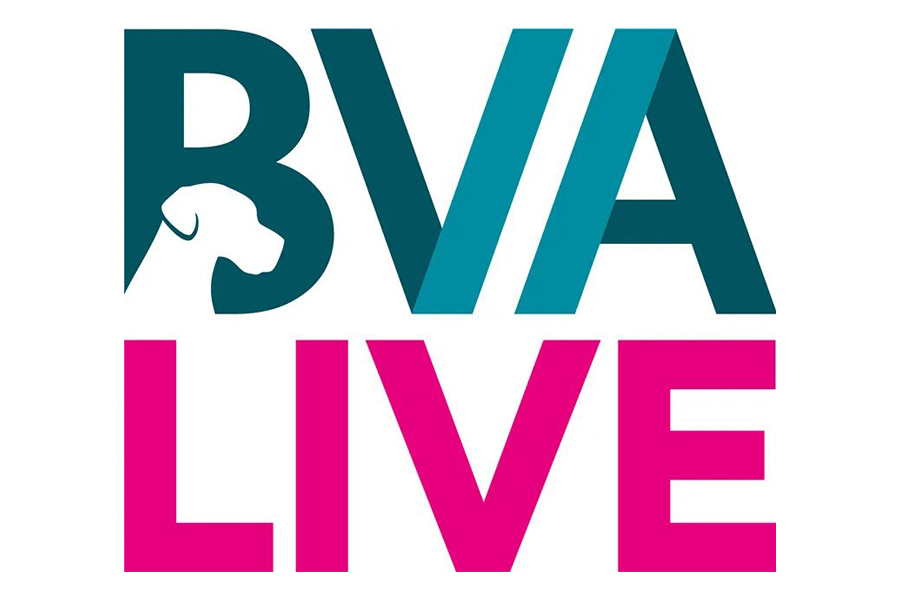Our use of cookies
This website uses cookies to provide necessary site functionality. Cookies are also used to improve your experience. For further information visit the manage cookies button.
Manage Cookies
Manage and find out more about the cookies used on this website.
This website uses the following types of cookies:
To view our cookie policy please click here
Your preferences will not take effect until the "save & close" button is clicked and will be applied for the duration of your visit.
Strictly necessary cookies
These cookies are essential to enable you to navigate around the website, such as giving security and accessibility.
These cookies enhance the functionality of websites, such as storing your preferences.
The technical storage or access is necessary for the legitimate purpose of storing preferences that are not requested by the subscriber or user.
These cookies ensure that anonymous data about your browsing behaviour is collected every time you visit the website. This way we can see how visitors use the website and improve on that basis.
The technical storage or access that is used exclusively for anonymous statistical purposes. Without a subpoena, voluntary compliance on the part of your Internet Service Provider, or additional records from a third party, information stored or retrieved for this purpose alone cannot usually be used to identify you.
These cookies store information about your behaviour online, such as your browsing history.













